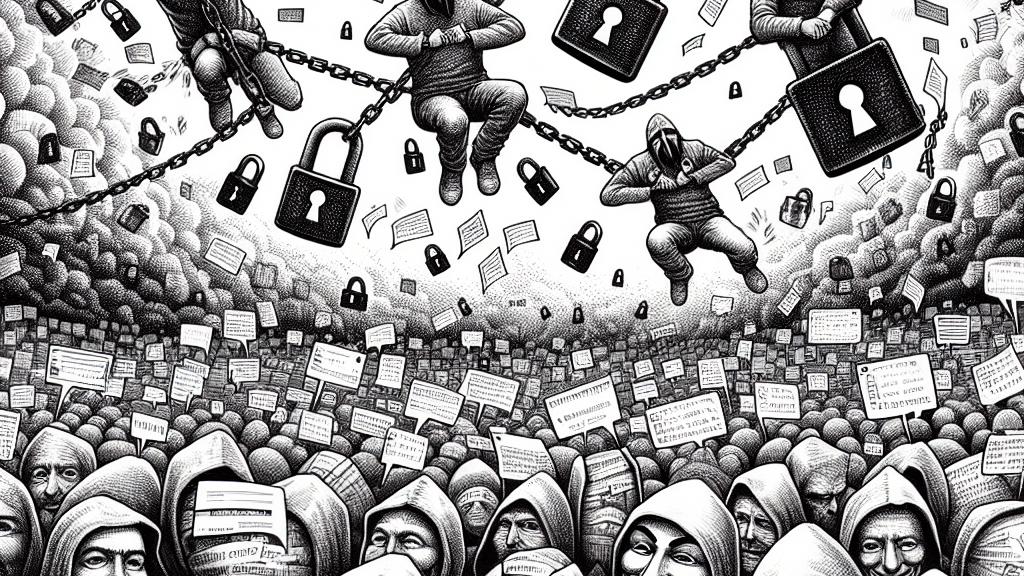Allegations of False Reporting During Hyogo Prefecture Gubernatorial Election
Overview
- Kazumi Inamura's campaign claims their social media accounts were frozen by malicious false reports.
- The election prominently featured social media as a key influencer of voter perception and engagement.
- Rising misinformation threats highlight urgent challenges for electoral integrity and public trust.

Background of the Incident
In an unprecedented twist during the Hyogo Prefecture gubernatorial election, Kazumi Inamura's support group made alarming claims regarding the suspension of their social media accounts. Just as the campaign reached its peak on November 6, the accounts were frozen, rendering the group incapable of sharing critical information with their constituents. This unexpected move raised suspicions of a coordinated effort by rival factions, aimed at undermining their visibility and effectiveness in the election. Inamura's team believes that they were targeted by a barrage of false reports intended to distort their message. The burning question remains: what lengths will political opponents go to secure victory?
The Pivotal Role of Social Media
In this election, social media transformed from a supplementary tool into a central battleground that shaped voter opinions. Former Governor Motohiko Saito emerged victorious, thanks in part to his adept use of platforms like YouTube and X. He didn't just stick to dry policy discussions; instead, Saito captivated voters by sharing personal anecdotes and insights, making his campaign relatable. One striking statistic revealed that approximately 30% of voters considered social media their primary information source, with many leaning toward Saito’s narrative. However, the rising tide of misinformation complicates this landscape, as rumors can spiral out of control and sway public opinion within hours. It becomes increasingly crucial for voters to cultivate the skills necessary to discern fact from fiction amidst a swell of conflicting narratives.
Legal Actions and Broader Implications
In response to these undue challenges, Inamura's campaign is taking a stand by filing a criminal complaint against those accused of orchestrating the false reports. This move not only signifies their determination to uphold their democratic right but also ignites a broader discussion about accountability in the modern political arena. Experts speculate that the outcome could establish vital precedents for regulating social media interactions tied to electoral activities. Moreover, this incident underscores the necessity for voters to engage with information critically, as the stakes have never been higher. Each interaction online—be it a share, like, or comment—can significantly influence the electoral process. Thus, as we navigate the complexities of this evolving digital age, fostering a politically informed electorate becomes imperative for safeguarding the integrity of democracy.

Loading...